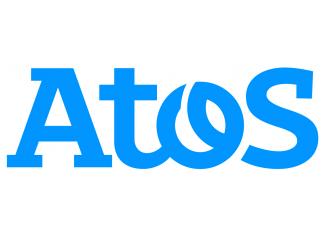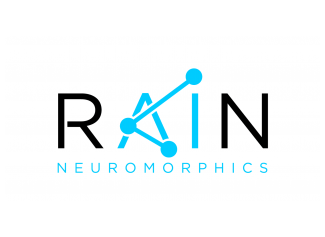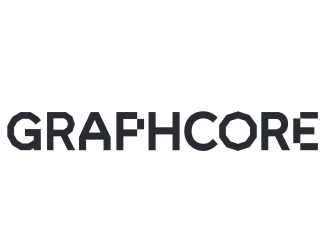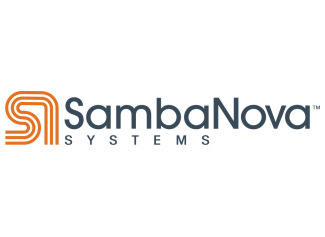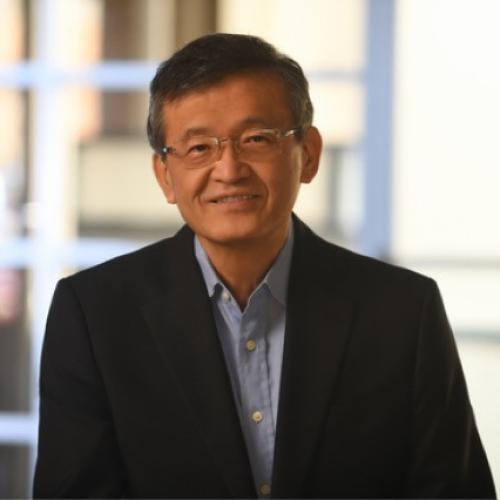Cerebras Systems builds the fastest AI accelerators in the industry. In this talk we will review how the size and scope of massive natural language processing (NLP) presents fundamental challenges to legacy compute and to traditional cloud providers. We will explore the importance of guaranteed node to node latency in large clusters, how that can’t be achieved in the cloud, and how it prevents linear and even deterministic scaling. We will examine the complexity of distributing NLP models over hundreds or thousands of GPUs and show how quickly and easily a cluster of Cerebras CS-2s is set up, and how linear scaling can be achieved over millions of compute cores with Cerebras technology. And finally, we will show how innovative customers are using clusters of Cerebras CS-2s to train large language models in order to solve both basic and applied scientific challenges, including understanding the COVID-19 replication mechanism, epigenetic language modelling for drug discovery, and in the development of clean energy. This enables researchers to test ideas that may otherwise languish for lack of resources and, ultimately, reduces the cost of curiosity.

Andy Hock
Dr. Andy Hock is VP of Product Management at Cerebras Systems with responsibility for product strategy. His organization drives engagement with engineering and our customers to inform the hardware, software, and machine learning technical requirements and accelerate world-leading AI with Cerebras’ products. Prior to Cerebras, Andy has held senior leadership positions with Arete Associates, Skybox Imaging (acquired by Google), and Google. He holds a PhD in Geophysics and Space Physics from UCLA.
Cerebras
Website: https://www.cerebras.net/
Cerebras Systems is a team of pioneering computer architects, computer scientists, deep learning researchers, and engineers of all types. Cerebras have come together to accelerate generative AI by building from the ground up a new class of AI supercomputer. Their flagship product, the CS-3 system, is powered by the world’s largest and fastest AI processor, our Wafer-Scale Engine-3. CS-3s are quickly and easily clustered together to make the largest AI supercomputers in the world, and make placing models on the supercomputers dead simple by avoiding the complexity of distributed computing. Leading corporations, research institutions, and governments use Cerebras solutions for the development of pathbreaking proprietary models, and to train open-source models with millions of downloads. Cerebras solutions are available through the Cerebras Cloud and on premise. For further information, visit https://www.cerebras.net or follow us on LinkedIn or X.


